We asked the people of Mass Humanities to tell us which books, podcasts, shows and places sustained them this year. Their choices include new publications, recent finds and old favorites.
Lennie Alickman, Board Member, Provincetown
Book: Fierce Poise by Alexander Nemerov is about Helen Frankenthaler, one of the most influential modern artists of the 1950s. In a world of male artists, she broke out with her own painting technique. She used a staining technique and she worked quite large. I loved how she lived her life–fierce, as the title says, and on her own terms.
Jennifer Atwood, Program Officer, Medford
My friend Christina opened a feminist bookstore in Somerville during the pandemic called All She Wrote Books. Her book store has been a way for me to find authors I never would have thought to pick up before. I highly recommend folks check out her store and support her small business (great place for holiday gifts too). Looking back over the past year some things I read that stand out include:
Book: Severance by Ling Ma. Published in 2018 before the pandemic, it’s a dystopic novel about a pandemic originating from China. It is eerie how she managed to predict several things in this book before they took place, but also covers a lot of themes about workplace cultures and racial alienation via the trope of zombie apocalypse.
Book: In the Dream House by Carmen Maria Machado. This is a memoir that reads like a short story collection. Telling the story about an abusive queer relationship using different literature tropes for each chapter and using the allegory of a “dreamhouse” to describe the relationship and how it deteriorates. I thought it was a really clever way to write a memoir and covers a topic that I don’t see a lot about.
Book: Cook Korean! A Comic Book with Recipes by Robin Ha. Just for fun. I really enjoyed making some of these dishes and they were so tasty. I really enjoyed making homemade kimchi and braised short-ribs. The comic book format also is beautiful and comes with a lot of information about Korean culture which is also great. The author has a graphic memoir called Almost American Girl which is also really good.
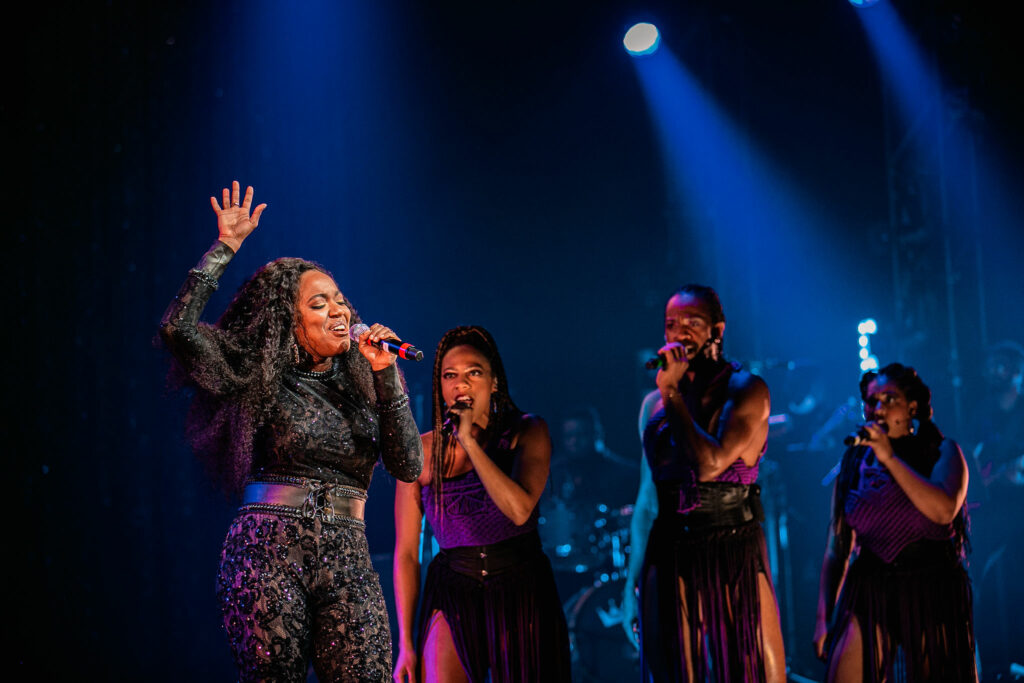
This was also the first time I’d been back in a theatre in years, which was surreal, but two experiences have stood out to me:
Theater: Macbeth in Stride at A.R.T. was some of the best theatre I’ve seen in my life. Whitney White uses pop, rock, gospel, and R&B to trace the fatalistic arc of Lady Macbeth while lifting up contemporary Black female power, femininity, and desire. It blew my mind. Watch the trailer here.
Theater: I had been hearing “Why We Build the Wall” from Hadestown on WERS Standing Room Only for the past year, so when the show came to Boston this month I eagerly bought tickets and I am really glad I did. The score is really amazing. The musical tells a version of the ancient Greek myth of Orpheus and Eurydice, where Orpheus goes to the underworld to rescue his lover, Eurydice. I’ve been listening to the score a lot since seeing the show.
Paul Bosco, Board Member, Concord
From the personal interest book pile on my desk: bio-innovation (Isaacson), tech history (O’Mara), tech leadership (Hennessy), and science futures (Hockfield):
Book: The Code Breaker: Jennifer Doudna, Gene Editing, and the Future of the Human Race by Walter Isaacson
Book: The Code: Silicon Valley and the Remaking of America by Margaret O’Mara
Book: Leading Matters: Lessons from My Journey by John Hennessy
Book: The Age of Living Machines: How Biology Will Build the Next Technology Revolution by Susan Hockfield
From past academic year: Several education reads from your faculty, friends, writers-in-residence, and fellows at Harvard.
Book: The Privileged Poor: How Elite Colleges Are Failing Disadvantaged Students by Tony Jack
Book: Cuz: The Life and Times of Michael A by Danielle Allen
Book: Lives in Limbo: Undocumented and Coming of Age in America by Roberto Gonzales
Book: Rural Education in America: What Works for Our Students, Teachers, and Communities by Geoff Marietta
Book: Why Rural Schools Matter by Mara Tieken
Book: Educated: A Memoir by Tara Westover
Brian Boyles, Executive Director, Leverett
Radio show: “Sway in the Morning,” Sirius XM radio show. Sway Calloway is a legendary hip-hop journalist and radio personality. This year, I started tuning in on my commute and, well, I got emotional. The rapport Sway and his co-hosts maintain with listeners, the way people open up, celebrate each other, and reminisce over the foundations of the art form—that’s what I needed on so many mornings.
Book: Wayfinding: The Science and Mystery of How Humans Navigate the World by M.R. O’Connor. How’s this for the intersection of humanities and neuroscience: “At the heart of successful human navigation is a capacity to record the past, attend to the present, and imagine the future—a goal or place that we would like to reach.”
Place: Lake Weyola State Park, Shutesbury. We fished, we swam, we ate snacks. So thankful for the natural beauty and accessible public spaces of Massachusetts
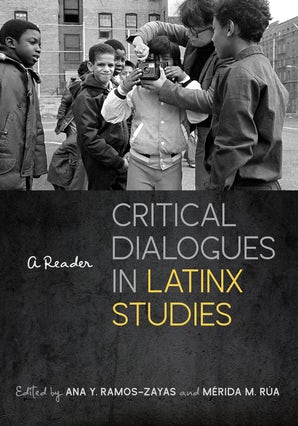
Elizabeth Duclos-Orsello, Board Chair, Somerville
Book: Lent of Liberation: Confronting the Legacy of American Slavery by Cheri L. Mills. A combination of historical documents, social justice and religious studies
Book: Translation as Transhumance by Mireille Gansel. A brief and beautiful meditation on the ways in which language, multilingualism, translation and intercultural learning and growth happen. I read it in its English translation.
Poetry: All the poetry of Pablo Neruda—love, loss, nature, beauty, soul searching.
Book: Critical Dialogues in Latinx Studies: A Reader edited by Ana Y Ramos-Zayas and Merida M Rua. Wedding humanities and social science explorations, set up as dialogues between ideas and including many discourses that are relevant to Massachusetts.
Reading: The digital zines my students have been creating, linking historical archival material, images and a wide range of cultural products with and to contemporary social justice issues (and they will be in the library collection at Salem State University)
Places: LOTS of trail running in beautiful natural spaces across the state, from the Fells and Blue Hills here in the Boston area, to the gorgeous trails north of Worcester and in/around Northampton and the hills of Franklin Park. Getting back to my love of being in nature and doing all my running there.
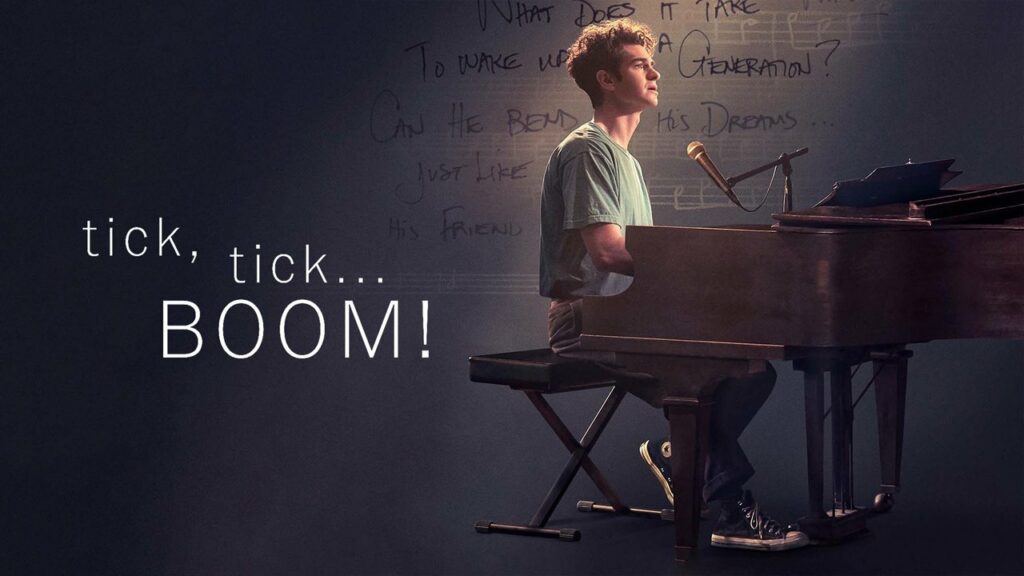
Diane Feltner, Executive Assistant, Ware
I really got into true crime documentaries this past year!
Series: The Keepers-Who Killed Sister Nancy? As a Catholic, this one really hit home and had me questioning my religion.
Series: Making a Murderer: The Story of Steven Avery. This story leaves you wondering about our criminal justice system.
Film: Tick, Tick…BOOM! Great, semi-autobiographical film about Jonathan Larson, the man who wrote RENT. It really captures the years of struggling an artist goes through.
Larry Hott, Board Member, Northampton
The Academy of Motion Picture Arts and Sciences has committees that watch films and decide on nominations. I’m on the documentary committee and I am assigned many new long and short documentaries to view and judge every year. Here are three 2021 documentaries that are outstanding.
Film: Kurt Vonnegut: Unstuck in Time. I grew up on Kurt Vonnegut novels, from “Deadeye Dick” to “God Bless You, Mr. Rosewater” to the iconic “Slaughterhouse Five.” So, when I saw the new documentary on my list, I was excited. Vonnegut, who lived briefly in Northampton, MA toward the end of his life, and who spent decades living in Barnstable, MA had a profound effect on my worldview. The documentary is a true labor of love for filmmaker Robert Weide (famed producer of “The Marx Brothers in a Nutshell and creator of “Curb Your Enthusiasm”). He befriended Vonnegut in the early 1980s and shot interviews and scenes with him until Vonnegut’s death in 2007. Then he spent another fourteen years raising the money to finish the film. The documentary is as fantastical as Vonnegut’s writing; a biography that jumps about in time much like Vonnegut’s storytelling. The film is also a biography of the filmmaker, who traces his life and career in Vonnegut’s path.
Film: Roadrunner: A Film about Anthony Bourdain. I never watched Anthony Bourdain’s “Parts Unknown” television show nor did I read “Kitchen Confidential.” I watched “Roadrunner: A Film about Anthony Bourdain” because I admire the filmmaker Morgan Neville. Neville, a graduate of Hampshire College, has a knack for combining manic pacing with thoughtful reverie. His biography of Bourdain is anything but linear, skipping about in time like a character in a Vonnegut novel. Bourdain is so charismatic and enigmatic that the film is almost a mystery – what drives this man and what drove him to his self-inflicted death. This is a film to listen to, as well as watch closely. The soundtrack drives the action, a rarity in a non-music themed documentary. I’ve been thinking about the filmmaking techniques ever since watching this production.
Film: Street Gang: How We Got to Sesame Street is an in-depth look at the first decade of Sesame Street. It examines everything in the show, from pedagogical techniques to diversity to the high jinx of master puppeteers. It also considers the politics and philosophy behind the early Sesame Street storylines. This “kids” show influenced television and teaching in the USA and across the world. Puppets have power. They made me laugh throughout the film and then they made me cry at the end.
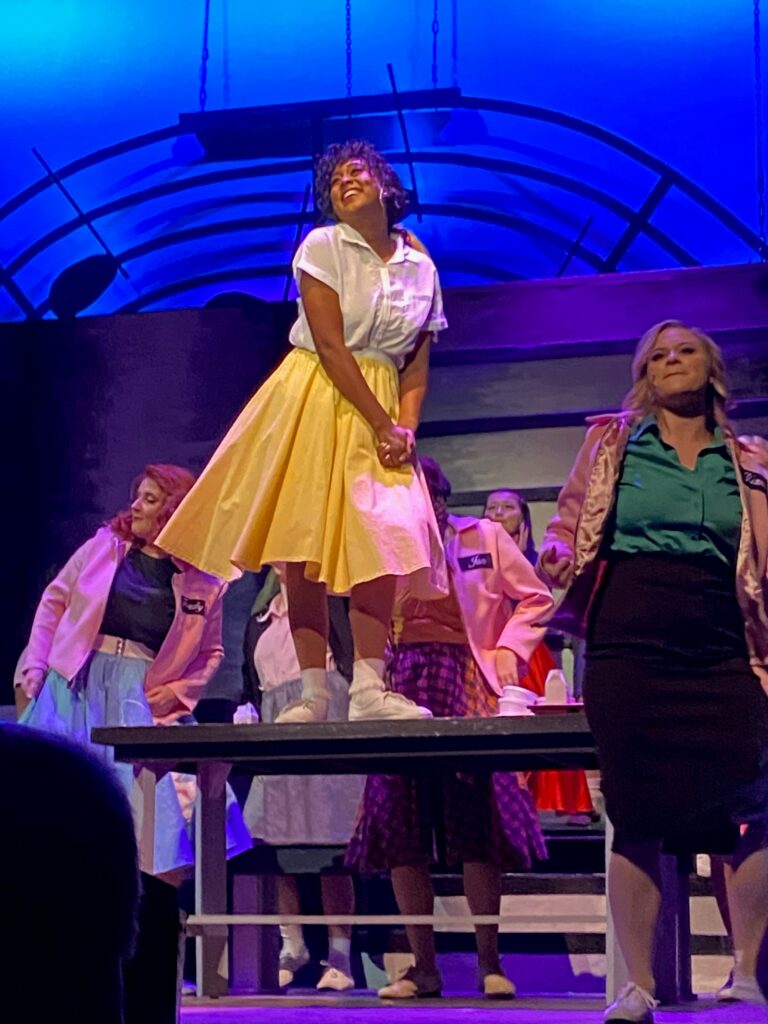
Denise Kaigler, Board Member, Quincy
Musical: In October, my partner Daniel and I went to Austin, TX, to see my daughter in her first local musical starring role. She played Sandra Dee in Grease.
Historic site: Daniel is Jamaican and has long wanted to see Plymouth Rock. So, on our way home from a long weekend on the Cape in June, we stopped in Plymouth. We saw the Rock and toured the Mayflower II. It was so special to be with Daniel as he experienced this important part of American history for the first time.
Amy Macdonald, Board Member, Cambridge
Podcast: Radio Open Source
Essay: “These Precious Days” by Ann Patchett
Place: Mt. Auburn Cemetery, Cambridge
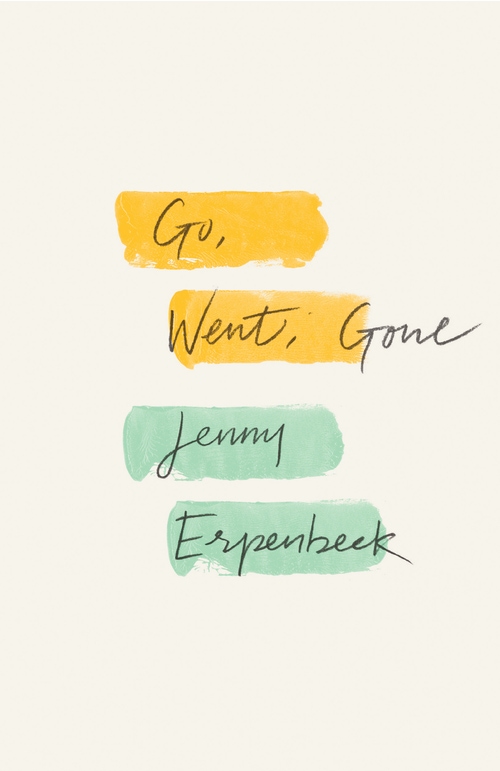
Michael Meltsner, Board Member, Cambridge
Book: Go, Went, Gone by Jenny Erpenbeck. I strongly recommend this novel by the fine German writer Jenny Erpenbeck for anyone interested in the plight of refugees and how we cope with what they represent.
Gina Ocasion, Clemente Program Coordinator, Easthampton
I really can’t choose just one book for the year, and to be dramatic, all of these books changed my life.
Book: Burnout by Emily and Amelia Nagoski. Not a self-help book–a science/humanities-based recognition of the stress cycle that was validating and offered real ways to navigate the feeling of burnout. (I know it sounds like self-help.)
Book: How to Hide an Empire by Daniel Immerwahr. I picked this up to read with a friend teaching at Hampshire (it’s the common read) and I can’t stop recommending this American History, written for a wide audience, that centers the Philippines.
Book: Between Two Kingdoms by Suleika Jaouad. This memoir is still haunting me in the best way. Jaouad was diagnosed with an aggressive cancer in her early 20s and this is her story of navigating illness, death, loss, love, and life. Beautiful writer — you might recognize her name from the NYT column “Life, Interrupted.” Emerging from a pandemic and grappling with so much loss of life, her story has helped me understand grief and the uncertainty of life “between two kingdoms”.
Podcast: Really loved this episode of the Ezra Klein podcast, “The Art of Revising Your Life,” with Kiese Laymon and Tressie McMillan Cottom
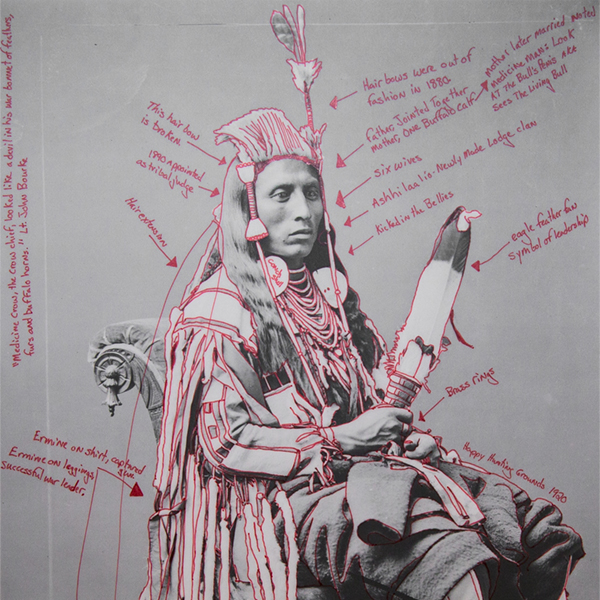
Exhibition: I love Apsáalooke: Children of the Large-Beaked Bird, Wendy Red Star’s show at MASS MoCA. It’s in the children’s space, which encourages lots of play and questions which is exactly what she does in her art pieces!
John Sieracki, Director of Development, Amherst
Book: A Natural History of Transition by Callum Angus. Many of us long for metamorphosis, and the characters in these short stories show us many often fantastical paths on that journey.
Book: The Dawn of Everything by David Graeber and David Wengrow. It just came out and I’m only 100 pages in, but so far this book has systematically upended all kinds of linear, black-and-white notions I’ve had of human history.
Book: Wolf Girls vs. Horse Girls by Catherine Weiss. I’m a sucker for plain-speaking poetry that causes me to laugh out loud while crying out of sadness on the inside.
Katherine Stevens, Director of Grants, Holyoke
Book/postage: Ursula K. Le Guin Stamps. Now that I’m back in New England, I’ve taken to re-reading Le Guin’s Left Hand of Darkness every winter. Set on a snowy world where people don’t have fixed genders and giving direct advice is considered the height of rudeness, a lone visitor tries and repeatedly fails to bridge the fundamental differences between himself and the people he encounters. It’s almost too late before he realizes that difference itself is the bridge (don’t worry, that’s not a spoiler).
Series: Peak comfort viewing for me in 2021 was The Repair Shop. It’s been a series in the UK for many years, but only recently landed in the states. Expert craftspeople do loving, painstaking repairs of people’s family treasures. It doesn’t matter if the object is worth thousands or wouldn’t make it out of a jumble sale. No money changes hands. The delight on people’s faces when they see their piece restored is beyond value and watching skilled people do excellent work is its own reward.
Podcast: Like many an ‘elder millennial’ who came of age in the 1990s and early 2000s, I’ve devoured episodes of the You’re Wrong About podcast. The show’s hosts revisit cultural touchstones, questioning and contextualizing dominant media narratives, everything from Y2K to Dan Quayle vs. Murphy Brown. As a historian, I love a good debunking and appreciate the chance to finally see the big picture beyond what I could grasp as a kid, even if it means accepting that my youth is now ‘history.’

Michelle Wilson, Associate Director of Development, Amherst
Book: Station Eleven by Emily St. John Mandel. By far, one of the most riveting stories I’ve read in a long time. This post-apocalyptic tale was a little too close to home at times, given that it’s about a global pandemic that wipes out 99.9% of the world’s population. Eerier still is that it was written in 2014 long before COVID was a household word.
Film: Val (AmazonPrime). Even if you’re not a Val Kilmer fan, this documentary about the aging film star is worth watching for its poignancy.
